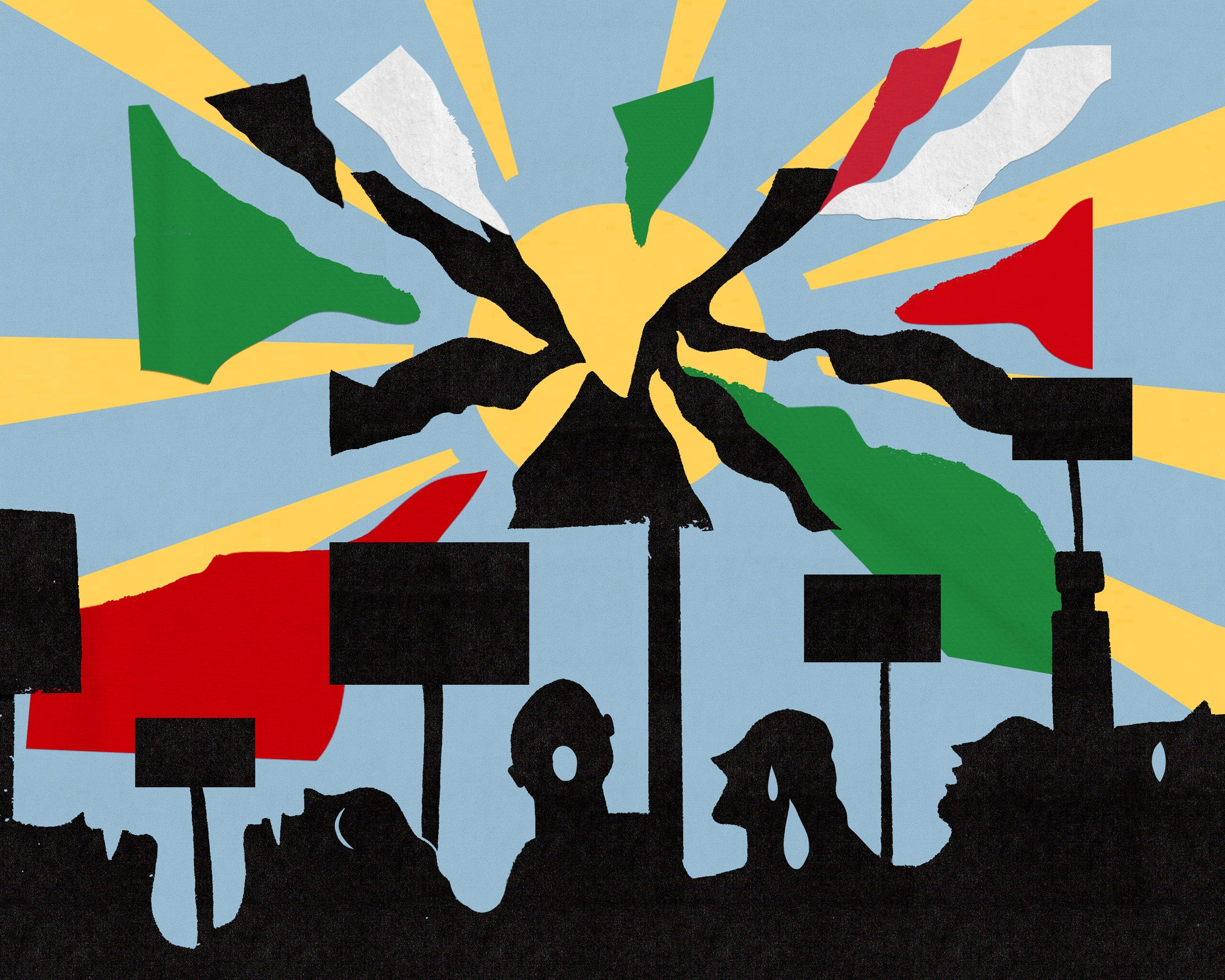As the 2010s came to a close, CNN presented a roundup of some of the news stories that defined the decade. The article cited about 40 events, including international ones like the failed effort to remove Venezuelan President Nicolas Maduro from office, a terrorist attack at a university in Kenya, and a Thai soccer team’s rescue from a cave. It did not mention the Arab Spring.

That omission reinforces the contention of Harvard Law School Professor Noah Feldman that the multinational protest movement against repressive governments in the Arab world that took place primarily during 2011 has today been relegated to “implicit nonexistence” because of its failure to meet most of its goals. Focusing on only outcomes, however, diminishes the historic nature of the Arab people’s efforts to achieve self-determination for the first time, Feldman argues. He writes in his new book, “The Arab Winter: A Tragedy”: “People whose political lives had been determined and shaped from the outside tried politics for themselves, and for a time succeeded. That this did not lead to constitutional democracy or even to a more decent life for most of those affected is not a reason to believe that the effort was meaningless.”
Featuring analysis of political events with elements of philosophy (Feldman draws on Hannah Arendt and Aristotle), the book explores the Arab Spring protests and their aftermath in Tunisia, Egypt, and Syria, and the rise of the Islamic State. What began with the promise of change as masses of ordinary people took to the streets shouting, “The people want the overthrow of the regime,” turned into tragedy: Protests against the Assad regime in Syria sparked a longstanding civil war, which has caused hundreds of thousands of deaths and has led millions to flee the country. The Islamic State—whose existence, says Feldman, was predicated on the capture of Syrian territory after the civil war—killed and raped thousands of civilians. A first wave of protests leading to a democratically elected government in Egypt was followed by a second wave of protests that encouraged the military to overthrow that government, which could end the experiment of Islamic democracy for the foreseeable future.
“The authoritarian opponents of Islamic democracy now have a script that they can follow to mobilize and motivate the suppression of Islamic democratic movements,” Feldman said in an interview. “And the lesson for potential supporters is, it was tried and, for whatever complicated set of reasons, it didn’t succeed.”
Even in Tunisia, a country that did produce a constitutional democracy, the economic reforms sought by the people did not materialize. Still, the example of Tunisia, the site of the initial protests that spread to other Arab countries, shows the possibilities of what can go right amid all that went so disastrously wrong. Tunisia was able to facilitate a democratic transition by seeking consensus, Feldman says, and though it will not be easy or likely happen soon, its achievements can be replicated elsewhere.
“Everybody saw what the human spirit was capable of, and that’s inspiring. But everybody also saw that all of the goodwill towards self-determination in the world isn’t necessarily enough.”
“Everybody saw what the human spirit was capable of, and that’s inspiring,” he said. “But everybody also saw that all of the goodwill towards self-determination in the world isn’t necessarily enough to make the aftermath work well. For that, you need political responsibility and negotiation and compromise.”
As he acknowledges in the book, because of his own longtime work related to the Arab world, Feldman has his own stake in the arguments and analysis he presents. His interest in that world was first sparked when he traveled to Israel as a young child and saw signs not only in Hebrew, which he was studying in school, but also in Arabic. A later trip to Israel when he was 13 raised his awareness of the conflict between the Israelis and the Palestinians. “And I thought to myself, with the naiveté which I hope is justifiable in a 13-year-old, I wonder if there could be anything I could do to help,” he said. As a first step, he decided to study Arabic, since he had already learned Hebrew: “Once you learn another language, it opens up a whole other way of seeing the world. And that got me deeply interested in both the modern Middle East but also in the history of Islam.”
He studied Islamic political thought both as an undergraduate at Harvard and as a doctoral student at Oxford, and among his many books are those on Islamic democracy, the Islamic State, and Iraq. The professor of constitutional law also served in 2003 as senior constitutional adviser to the Coalition Provisional Authority in Iraq. In contrast to his time in Iraq as part of an occupying force, Feldman says he had a far better experience when he traveled several times to Tunisia to offer advice and learn about the constitution that the country was creating on its own. The opportunity to observe how the Tunisian Constitution was shaped, through concessions to minority participants in order to gain their cooperation, changed his perception of how the U.S. constitutional process works, he says. Now he is planning to write his next book on a fateful compromise based on demands from Southern states that tragically entrenched slavery in the U.S. Constitution and ultimately also led to the U.S. Civil War.
Feldman described his latest book as “a bit elegiac,” reflecting the lost opportunities and lost lives from the Arab Winter that dimmed the promise of the Arab Spring. But he also believes that tragedy is not inevitable, and he hopes that tragedy, when it does happen, can lead us to do better.
